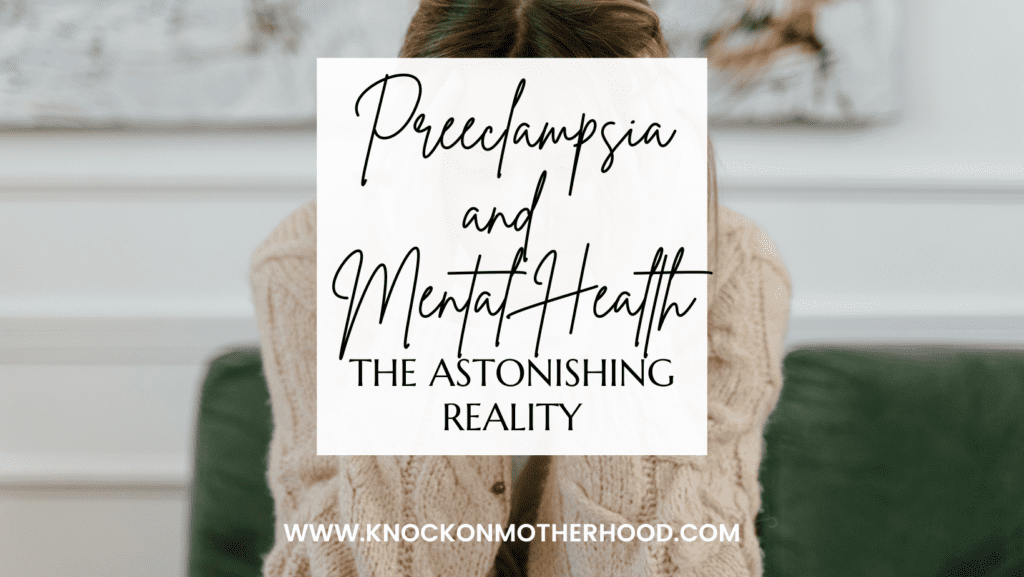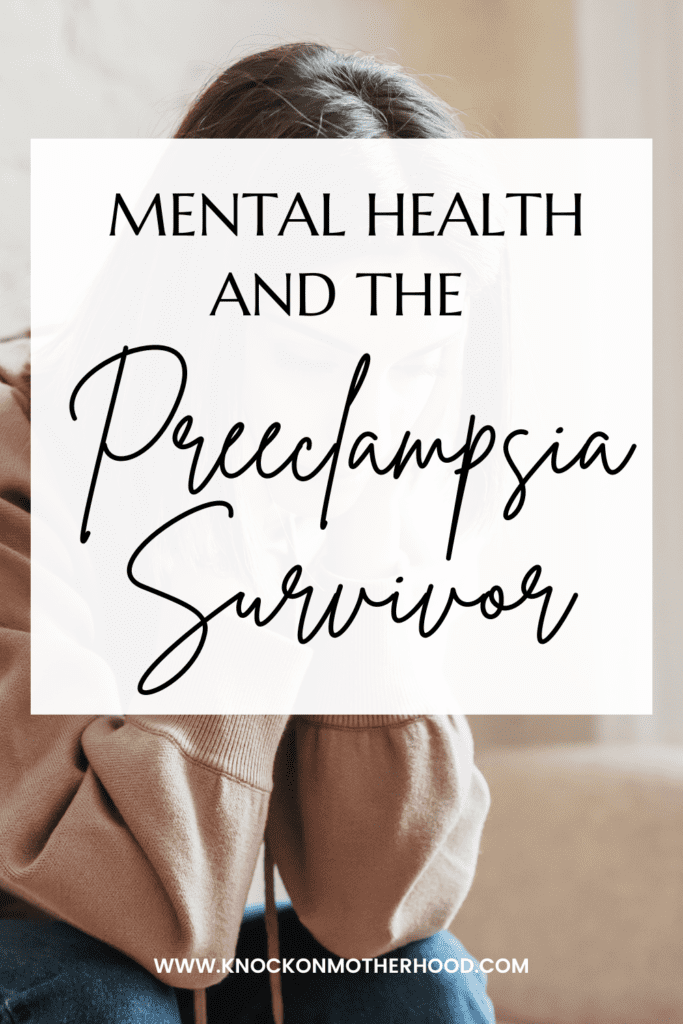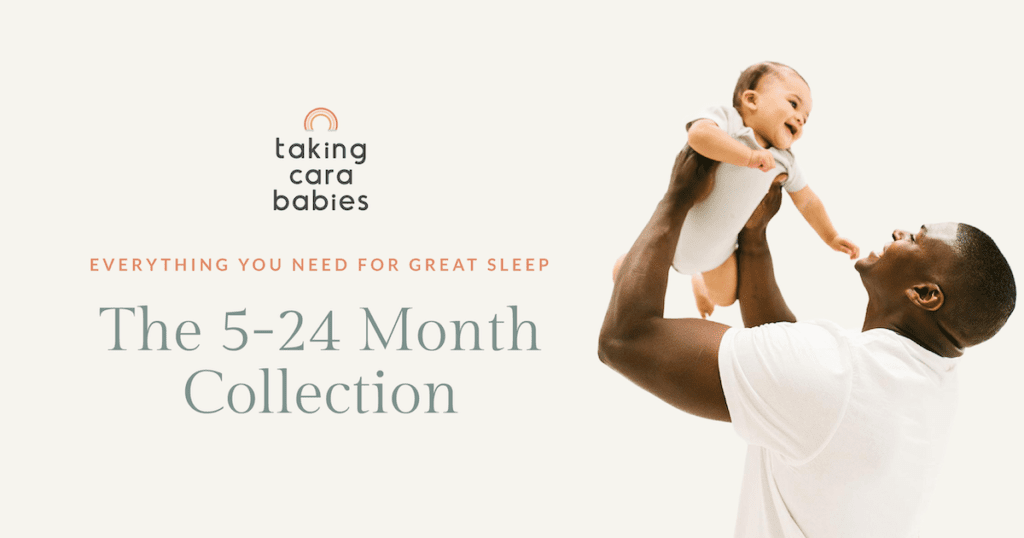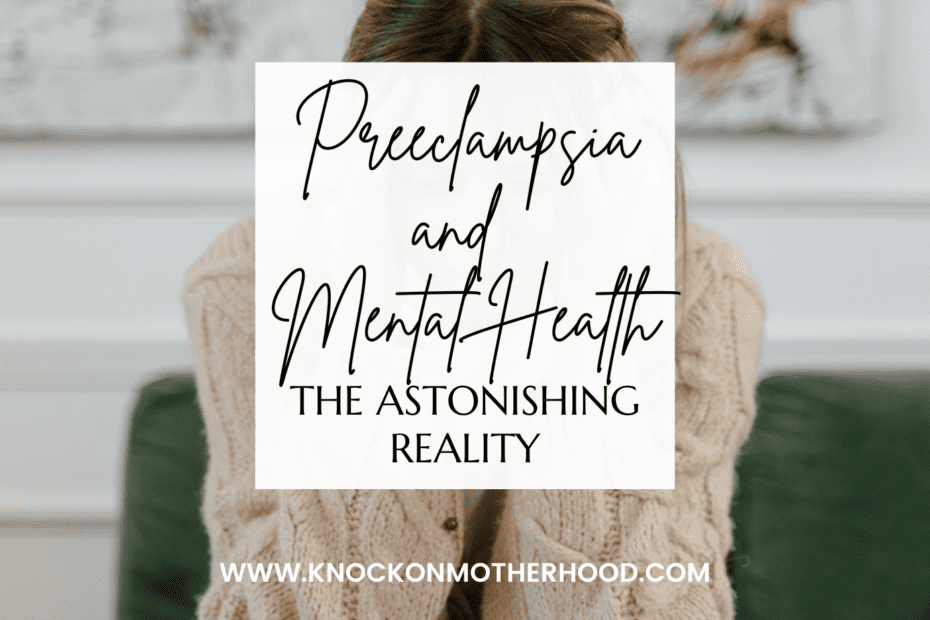Preeclampsia survivors and mental health is a subject that is rarely touched on in the maternal health space. Maternal mental health in general is severely lacking in support. In the case of preeclampsia survivors, the physical symptoms and manifestations are what may only be looked after while mental health is tossed to the side.
Postpartum mood disorders such as postpartum depression or postpartum anxiety are common in preeclampsia survivors as well as post-traumatic stress disorder. 25% to 34% of women, regardless if their pregnancy was affected by preeclampsia, will report that their birth was traumatic. According to Prevention and Treatment of Traumatic Childbirth (PATTCH) a traumatic birth experience is defined by circumstances in which the individual patient believes her life or that of her baby’s was in danger, or that a serious threat to the mother’s or her baby’s physical or emotional integrity existed.
Prevention and Treatment of Traumatic Childbirth also report, “Studies report rates of PTSD after childbirth, as varying between 1.5 and 9 percent of all births.” And the Preeclampsia Foundation reports, “Several peer-reviewed research studies, including studies initiated by the Preeclampsia Foundation, suggest that women who have endured traumatic pregnancies such as severe preeclampsia, eclampsia, and HELLP syndrome have a higher incidence of PTSD and PPMD than women without these complications.”
The mental health effects of preeclampsia oftentimes last way beyond any physical effects of the disorder. Women who endure pregnancies filled with complications and interventions such as those with preeclampsia, eclampsia, or HELLP syndrome are more likely than those who didn’t have these complications to struggle with their mental health.
Many people in the preeclampsia patient’s life such as providers, friends, or family may think everything is “back to normal” especially if a preeclampsia survivor was similar to my case physically. But the preeclampsia survivor is far from “back to normal” their life has been changed in every aspect of what they experienced.
Not being able to trust your body brings up complicated feelings for preeclampsia survivors. Not only did their bodies change with the process of pregnancy and birth, but their bodies went through a lot battling preeclampsia such as hours on magnesium sulfate, emergency surgery, blood transfusions, blood draws, and fluid in the lungs.
Note: In this blog post, “preeclampsia” will also cover eclampsia and HELLP syndrome both in pregnancy and postpartum. As well as postpartum preeclampsia.
Table of Contents
Note: I shared a snippet of this post at the Global Virtual Panel of Preeclampsia Survivors Event as a speaker in August 2022. It was such an incredible event and I am so grateful for the opportunity I was given to share my thoughts about mental health and preeclampsia.
This post was updated in September 2023 for clarity.

Knock On Motherhood is a participant in the Amazon Services LLC Associates Program, an affiliate advertising program designed to provide a means for sites to earn advertising fees by advertising and linking to amazon.com. Knock on Motherhood is a participant in the Willow Pumps Affiliate program. This means I get a portion of the sale using my links at no extra cost to you. Knock on Motherhood is a participant in the Taking Cara Babies Affiliate program. This means I get a portion of the sale using my links at no extra cost to you.
I am so grateful for those preeclampsia survivors and professionals who have spoken about preeclampsia today. They have touched on such important aspects of preeclampsia. The aspect I will be focusing on today is mental health and preeclampsia.
Pregnancy and birth are vulnerable times for the patient, even when it is a normal or typical experience. They are putting their life and their baby’s life in the hands of doctors and nurses, they might have just met during the birthing process. Parts of their body that may have only been seen by their partner in its adult form are suddenly put on display for strangers. When the pregnancy or the birthing process is complicated by preeclampsia, it becomes even more vulnerable.
A little background on me: preeclampsia survivor
My name is Courtney Smith. (Read my birth full birth story here) When I was about 32 weeks pregnant, my doctor asked me at a routine appointment to start keeping track of my blood pressure at home. Because every single time I went into the office my blood pressure was higher than the time before.
She told me that if my blood pressure ever hit 140/90 to go to the office if it was open or to labor & delivery if it wasn’t. I was never really explained why 140/90 was the number to look out for. About a week later before I went to work that day I took my blood pressure like normal and I kept hitting 140/90. I went to the office and they checked my blood pressure several times.
Fast forward a week later I was sent to the hospital to complete a 24-hour urine test. I ended up staying longer than 24 hours and stayed for 3 days due to my high blood pressure and getting 2 rounds of steroid shots for my baby’s lungs. I was able to stay pregnant for a little over a week after and ended up giving birth to my daughter at 35 weeks and 3 days via emergency c-section.
I didn’t meet her until she had been in the world for 27 hours because I was still hooked up to magnesium sulfate and she couldn’t leave the NICU. I stayed for a total of 6 days afterward because my blood pressure was so high and couldn’t get under control. My eyes swelled shut, I had fluid in my lungs and my doctor was puzzled why I couldn’t get better. I was able to be discharged on day 6 and left without my daughter. She spent 15 days in the NICU.
I was 22 years old when I was diagnosed with preeclampsia. No family history. No risk factors.
When it came to recovering physically, my body recovered quickly. I was off all blood pressure meds by 8 weeks postpartum. It took me longer to do everything I did before pregnancy, due to becoming weak from all the bedrest, hospital visits, and the c-section, but as far as blood pressure and swelling were concerned, I was “back to normal”.
Although the emotional effects lasted much longer, and still affect me to this day.

This is what I want to touch on today: Preeclampsia survivors and mental health and preeclampsia
Many people in the preeclampsia patient’s life such as providers, friends, or family may think everything is “back to normal” especially if a preeclampsia survivor was similar to my case physically. But the preeclampsia survivor is far from “back to normal” their life has been changed in every aspect of what they experienced.
The stress from the traumatic experience can make it difficult to cope with. Postpartum mood disorders such as postpartum depression or postpartum anxiety are common in preeclampsia survivors as well as post-traumatic stress disorder. Some preeclampsia survivors have babies born prematurely, long NICU stays, or the death of their baby. These are all difficult situations to deal with on top of being sick themselves. One survivor wrote to me and said,
“I couldn’t sleep alone for a while because I was having constant nightmares and terrors of what I went through.”

Sadly, this is more common than not and I experienced it myself.
Often times preeclampsia survivors are left on their own to deal with the emotional aftereffects. Everyone around them is telling them how lucky and blessed they are to have survived, but they are still questioning what exactly happened to them. More often than not, preeclampsia comes on suddenly and can quickly become emergent which leaves almost no time for the patient to come to terms with what is going to happen. And once they get the chance to somewhat process what happened, they can’t come to terms with it.
Sometimes they feel hatred and betrayal from their body because they didn’t feel themselves get sick. They wonder “Would my baby still be here if I did something sooner?” or “It is my fault my baby was born early and is in the NICU”. They blame themselves for preeclampsia, even though they logically know it wasn’t their fault.
If the baby was born prematurely and in the NICU, the preeclampsia survivor is discharged days to weeks before her baby is. One of the most heartbreaking things in this world is to walk out of the hospital empty-handed when just days before you walked in with a baby in your belly and not knowing if your baby would still be there when you are able to see them next. Preeclampsia survivors are walking upstairs and driving cars 1-week post-op from the c-section so they can be with their child in the NICU.
The life change of becoming a new mom or a mom to another child can sometimes be difficult to cope with on its own, but when preeclampsia is brought into the equation it is a whole different problem. The preeclampsia survivor needs to stay on top of their meds while trying to navigate their new life. Sometimes they have other children at home while their new baby is in the NICU. Sometimes they don’t have partners that support them or friends or family.
My personal experience as a preeclampsia survivor and the experiences of others I have connected online with through my blog and Instagram account, say over and over again that there was little to no help with their mental health after the preeclampsia experience.

When preeclampsia survivors went to their checkups after delivery their providers did not ask them about their mental health. Causing the preeclampsia survivor to either have to beg for help or resources or walk away with none. In the cases of survivors with no financial ability to seek out professional mental health help, they suffer in silence and that can resort to devastating, life-ending consequences.
Oftentimes, preeclampsia survivors just don’t know where to turn to. They might be the only ones they know who have experienced it. Which can make it very emotionally challenging to feel you are the only person in the world to have experienced what you did.
The mental effects of preeclampsia never fully leave. The effects may lessen as time goes on and they’ve put in the work to overcome the trauma they experienced. Many survivors report that they become hypervigilant about their health, even in cases where their blood pressure has normalized without the need for medication.
They are checking their blood pressure constantly on their own because they don’t trust their body anymore to tell them when something is wrong. It may just be a simple headache to some, but to a preeclampsia survivor, a headache signals that something is very wrong.
Not being able to trust your body brings up complicated feelings for preeclampsia survivors. Not only did their bodies change with the process of pregnancy and birth, but their bodies went through a lot battling preeclampsia such as hours on magnesium sulfate, emergency surgery, blood transfusions, blood draws, and fluid in the lungs.

Many preeclampsia survivors report they feel betrayed by their body because to them, it feels like their body was trying to kill them and their baby—and sometimes that is the case since moms and babies still die from preeclampsia in the United States today.
Experiencing preeclampsia many times also changes the family size plan they once had. Pregnancy is no longer a choice of just adding another child to the family—it becomes a choice to be willing to put yourself through preeclampsia again. It becomes a choice if you are willing to risk your life to bring another child into the world.
Those who never experienced a life-threatening pregnancy or postpartum complication, have the luxury of never having to think this way. It is a non-death grief that can be difficult to come to terms with. The grief of the loss of innocence in pregnancy and birth. The grief of having more children through pregnancy or even the grief of children lost because of preeclampsia.
Preeclampsia Survivors and their Partners

Many times preeclampsia is talked about as it only affects the mom mentally or emotionally. But that is far from the case. Preeclampsia affects the whole family unit. Partners experience preeclampsia differently since they didn’t have all the physical symptoms or undergo surgery, but they watched it all happen to their partners. They watched their partner whisked away for emergency surgery, just hoping they’d see them alive again.
They watched as their newborn baby was quickly taken to a pediatric team and only got a short glimpse of their child. They struggled to stay with their partner in their recovery room while also going to the NICU to participate in kangaroo care or feedings. Sometimes, they watch while their baby is born silent or only live for a short amount of time.
Society tells men constantly that emotions make them weak. They need to be the “strong ones” and never show emotions. This is so damaging because everyone has emotions and it doesn’t make someone strong or weak for expressing them. Dad doesn’t get the 6-week checkup after the baby is born—who is checking up on them? How are dads able to get the help they need? Who could they turn to when they need professional mental health help?
I have talked to many dads, not just my husband, about their experience watching their partner and child, go through preeclampsia. They report that they feel helpless because they want to “fix things” but they can’t. They say that it never fully hits them until months or years after the experience because they are so focused on helping their partner heal and recover and being a support to them and their child.
One dad, whose child was born premature and in the NICU wrote to me and said,
“While most of the dads are getting the skin to skin, all I could do was look at her through a plastic casing with tubes and wires covering her beautiful perfect little face. I will never get the beeping of all the machines that supported her out of my head for the rest of my life.”
In conclusion, preeclampsia is more than just physical. It affects every aspect of the survivor’s life including their partners. The effects will never disappear, which is important for both the survivor and their friends and family to realize.
I shared a snippet of this post at the Global Virtual Panel of Preeclampsia Survivors Event as a speaker in August 2022. It was such an incredible event and I am so grateful for the opportunity I was given to share my thoughts about mental health and preeclampsia.

If you would like to stay up to date with me, join my community on Instagram, Facebook, Pinterest, and subscribing to my email list.

Did you know I co-host the Knock on Parenthood
You may enjoy reading:


This was very eye-opening. I hadn’t thought of the trauma that people go through after they experience Preeclampsia. I have a loved one who experienced this and had some mental health issues following it. I also hadn’t considered how it affected her husband. Thank you so much for sharing your story and bringing more awareness to this issue.
Thank you so much. I am so sorry your loved one experienced this. Thank you for your sweet comment.
Thanks!